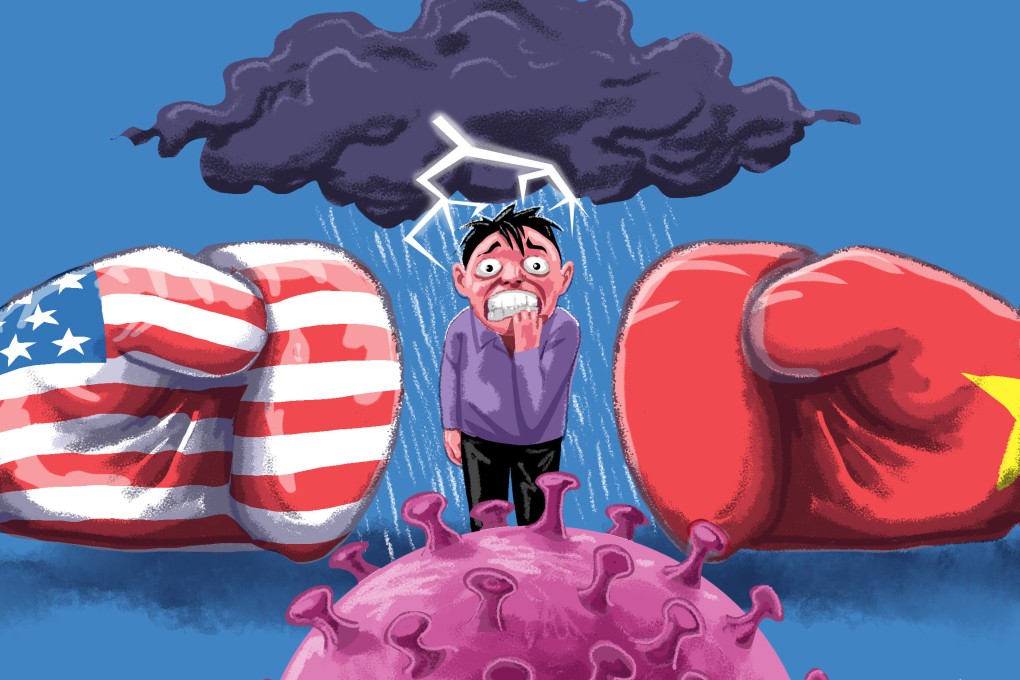Opinion | As US-China tensions fuel our age of anxiety, we must choose a better future
- Experts and US policymakers subscribing to a zero-sum view of international relations normalise and even goad conflict
- The only solution is to break this cycle of violence and normalise peace and cooperation instead

In 1948, as the Cold War between the US and Soviet Union was heating up, W.H. Auden’s long poem, The Age of Anxiety, captured both the zeitgeist and a Pulitzer Prize. Its title became a trope to describe the ruins of modernity, and moved Leonard Bernstein especially.
A year later his Symphony No 2, also titled The Age of Anxiety, fixated on the poem’s central theme: the loss of faith and the realisation that only faith remains.
This dialectic was not entirely new. Søren Kierkegaard just over a century earlier had described something similar in Fear and Trembling, reflecting on the Biblical story of God ordering Abraham to sacrifice his son Isaac, and how Abraham resolved the anxiety this command produced by making a “leap of faith”, by preparing to do as he was told.
Although God rescinded the command at the last moment, the French philosopher Emmanuel Levinas wondered whether either were actually spared. Was such a leap of faith not already an act of violence against reason, and was it not also an act of violence against Isaac especially, having felt his father’s blade against his throat, a father commanded by voices Isaac could not hear?
Today, as US and Chinese officials reposition themselves amid growing differences, experts signal that a new cold war is already upon us, and that war is a growing possibility. Clearly, there is already a cold war of words in the West, spinning the hyperbolic.

